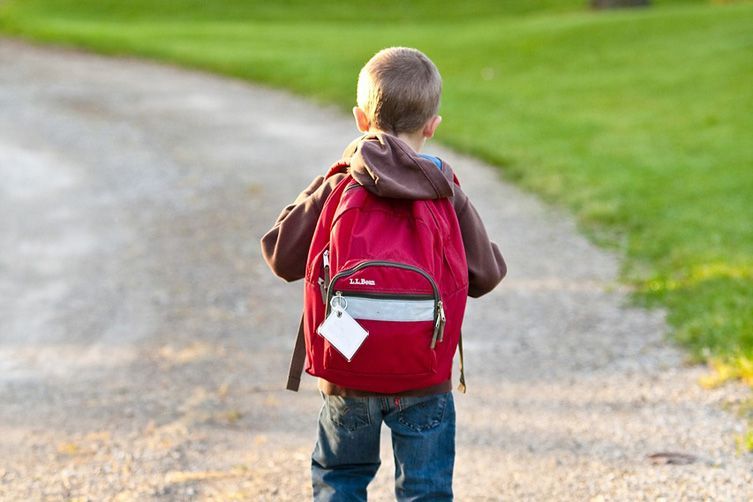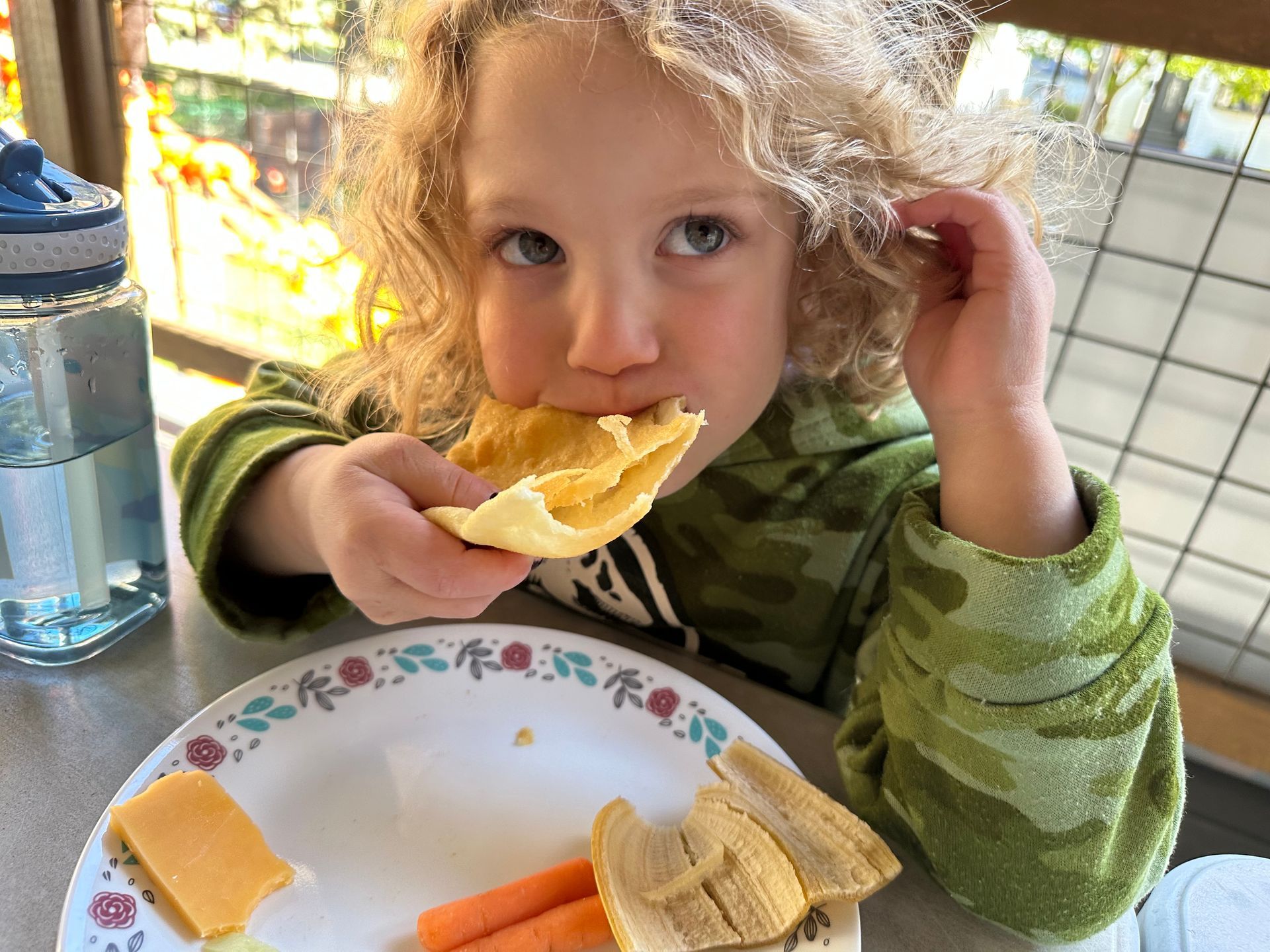Developing Responsibility:
The Power of Expectations & Support
by Roxy Krawczyk, M.A. Ed.
Ever wonder why your child drops their backpack at the door, leaves their shoes in the hall, or needs constant reminders to help with chores?
This behavior is pretty typical for children, but it can be very frustrating for parents — especially when the reason behind it is misunderstood or unclear. Adults sometimes interpret these behaviors as a sign of laziness or lack of respect. However, in many cases, children’s lack of responsibility is not about motivation.
It’s about expectations and support.
Kids can be responsible. At school or extracurriculars, they’re expected to follow routines, clean up, take care of their things — and they do it. Why? Because the environment makes it clear: “This is what we do here.”
Teachers and coaches establish routines from the get-go. They teach children what to do, when, and how, breaking tasks down into simple steps. Expectations are straightforward, consistent, and reinforced regularly.
At home, the lines are sometimes blurrier.
Parents may assume kids should just know what to do. But personal responsibility is a skill that is learned and developed like any other. When children are unsure of what’s expected or how to achieve an expectation, they are far less likely to act.
. . .
If you want to see more responsible behavior from your child at home, try these techniques:
- Establish clear and consistent routines — like putting shoes in a basket or setting the table before dinner.
- Offer patient step-by-step coaching as needed, especially in the beginning and with younger children.
- Model the expected behaviors yourself. This gives your child more opportunities to internalize the routine and to see that, yes, everyone is expected to take responsibility for themselves at home.
- Notice and acknowledge your child’s efforts. Skill development is a process, and children are much more likely to continue to work at it if they feel seen and valued for their effort. (Look for progress, not perfection!)
. . .
It’s also important to note that neurodiversity, age, and life stressors can affect how much responsibility a child can hold at home.
Neurodivergent children may struggle even more than their peers with executive functioning, making it harder to follow routines or complete tasks independently. They may also use the majority of their bandwidth to meet expectations at school each day, leaving them running on empty by the time they get home. Any of these factors can make personal responsibility much harder, or even impossible.
Similarly, younger children have less developed executive functioning skills and may also use more effort to follow directions and stay regulated at school. This can lead to more struggle in consistently meeting expectations at home.
If your child is experiencing new or ongoing life stressors — such as a move, a death in the family, or a new sibling — they may also have less capacity to manage self-care tasks and chores.
If you’ve tried the tips above and your child is still struggling with responsibility at home, consider simplifying routines and reducing asks.
Start small — “outside shoes go on the shoe rack” — and build from there as your child shows readiness and capacity.
It is important to remember that you know your child, including their unique needs at any given time. Meeting them where they are now will greatly increase your child’s success (and better preserve your sanity!).
. . .
Never fear if your child isn’t quite there yet with routines and chores at home.
Responsibility isn’t something children are born with — it’s something they learn and grow into, especially when their environment supports it. Setting clear, age-appropriate expectations, using consistent routines, and modeling behaviors are great ways to set your child up for success.
You might just be amazed at what your child can learn to do!
About the Author
Roxy Krawczyk is an educator, consultant, and writer. She holds an M.A. in Education as well as Montessori teaching certifications in early childhood and adolescence. Roxy loves helping parents learn new tools for the ever-changing job of raising small humans!






